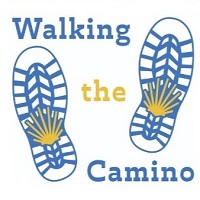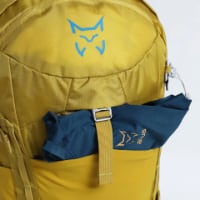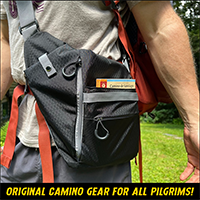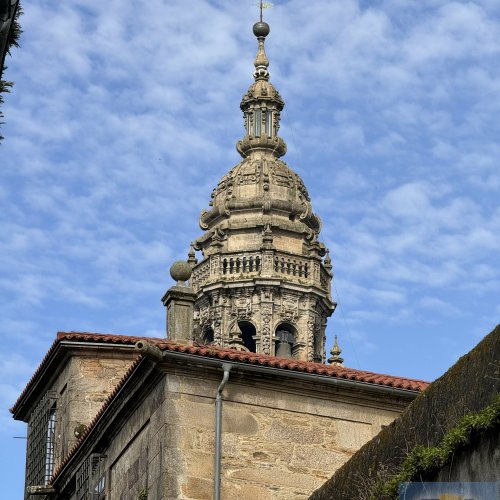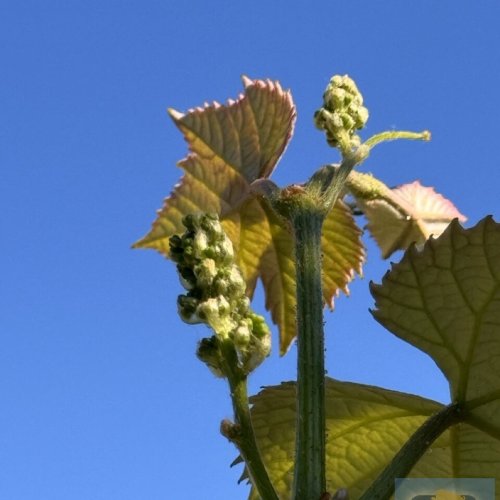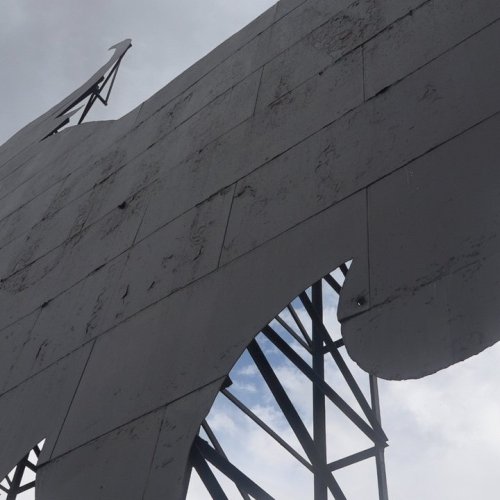I think that besides the obvious inconvenience, language is not the real obstacle. Spanish is my native language, and I can't say that I have had lots of talks with locals. Really, they are busy with their own issues and problems. Also, I think in the Frances we are so many that people start ignoring us -we become part of the landscape, in a way. In my experience, it is easier to engage in talks in lonelier routes, where a pilgrim is not a so frequent view.
Anyway, I have had some occasional good experiences. Some of the most remarkable:
A lady walking her little dog, near Oloron, who sat besides me in a dusty square. She seemed bitter about life, and asked me about why I was walking such a long distance, alone. She did not seem convinced, but she departed as if she were ruminating the merits of a new idea.
An enthusiast gentleman, just before Hôpital Saint Blaise, who stopped his car to tell me (in the middle of the road, just imagine) that he had done the Camino many years ago, and that he would like to do it again after retirement.
An old, very polite "señor" just before Pamplona, that walked with me some minutes, and before saying goodbye, told me with a smile "Please, pray for me when you arrive in Compostela". It was moving.
So, don' t expect to be received enthusiastically, but interesting experiences do occur.
Another thing is the unexpected gentleness of complete strangers that I have met in the Camino, but this is another issue.






